The SSC has warned candidates not to discuss, share, or analyse exam question papers online. Under the new Public Examinations (Prevention of Unfair Means) Act, 2024, such actions are now serious offences, punishable with fines and imprisonment. The directive aims to protect exam integrity and ensure that success is based purely on merit.
SSC Warnings to Aspirants Against Discussion and Circulation of Questions
The Staff Selection Commission (SSC) has issued a stern reminder to candidates that discussing, analysing, or sharing exam questions on social media or messaging platforms is a serious offence. With the Public Examinations (Prevention of Unfair Means) Act, 2024 (PEA Act, 2024) now in force, even casual discussions about question papers can attract strict legal consequences, including heavy fines and imprisonment.
Offences under this act are cognisable, non-bailable, and non-compoundable. SSC’s warning underscores the risks posed by online leaks and stresses the responsibility of candidates, coaching institutes, and digital platforms to maintain the integrity and sanctity of the examination process.

Understanding the Legal Framework: PEA Act, 2024
The Public Examinations (Prevention of Unfair Means) Act, 2024, shortened nicely to PEA Act, 2024, came into force on June 21, 2024, and gives support to India’s fight against exam malpractices.
- Sharing exam papers, answer keys, or any part of the exam content without permission is strictly prohibited.
- Such offences are cognisable, non-bailable, and non-compoundable, meaning legal proceedings can begin immediately, without giving any chance for a private settlement.
- Penalties are as follows:
| Offender | Punishment |
| Individuals | 3 to 5 years imprisonment + fine up to ₹10 lakh |
| Organised Crime (paper leak rackets) | 5 to 10 years imprisonment + minimum fine of ₹1 crore |
| Institutions / Digital Platforms | Fine up to ₹1 crore + risk of bans + liability for examination recovery costs |
Reaction of Aspirants and Educators
Candidates have expressed mixed reviews of sorts to the SSC directive against the discussion, analysis, or circulation of exam questions, etc. Many aspirants agree to maintain the exam integrity; however, some are calling this warning too rigid and authoritarian.
Most coaching experts have welcomed the decision, noting that the law helps preserve the credibility of competitive exams and protects sincere candidates from malpractice. By prohibiting discussions and exam analysis, it further ensures that the success of the aspirants is based purely on hard work and merit.
Implications for aspirants and institutions
| Category | Implications |
| Candidates | Sharing, discussing, or analysing exam papers, even casually online, can result in imprisonment and fines under the Public Examinations Act, 2024. |
| Institutions / Platforms | Coaching institutes, content creators, or social media platforms that promote or allow the circulation of exam material risk heavy penalties, blacklisting, and liability for recovery of examination costs. |

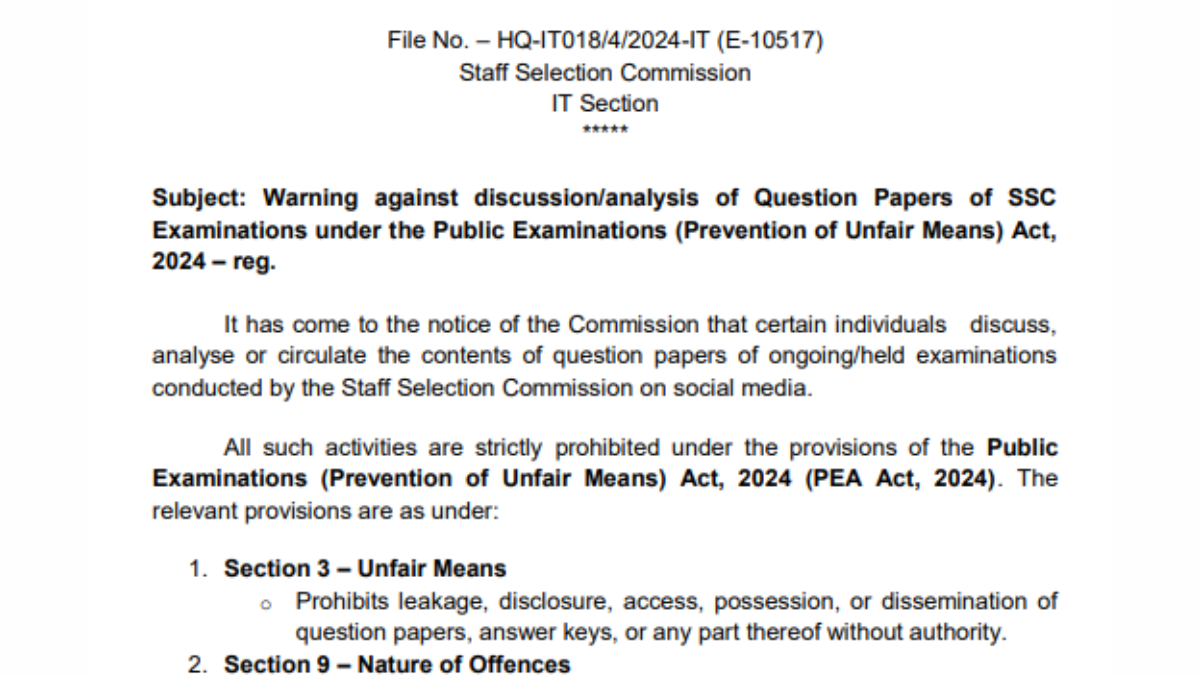

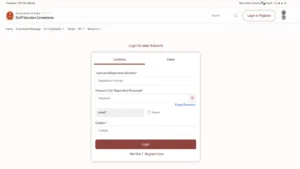 SSC MTS Admit Card 2026 OUT for Paper 1,...
SSC MTS Admit Card 2026 OUT for Paper 1,...
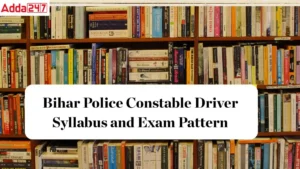 Bihar Police Driver Syllabus and Exam Pa...
Bihar Police Driver Syllabus and Exam Pa...
 MP Police ASI and Head Constable Recruit...
MP Police ASI and Head Constable Recruit...


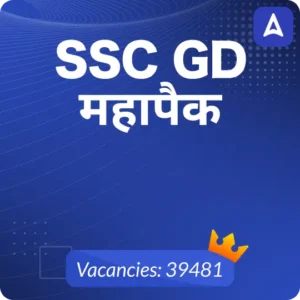
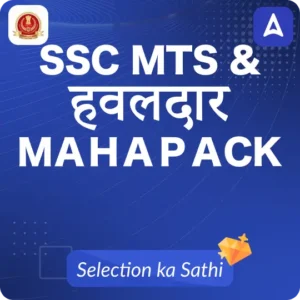

 Adda247 Job portal has complete information about all Sarkari Jobs and Naukri Alerts, its latest recruitment notifications, from all state and national level jobs and their updates.
Adda247 Job portal has complete information about all Sarkari Jobs and Naukri Alerts, its latest recruitment notifications, from all state and national level jobs and their updates.




